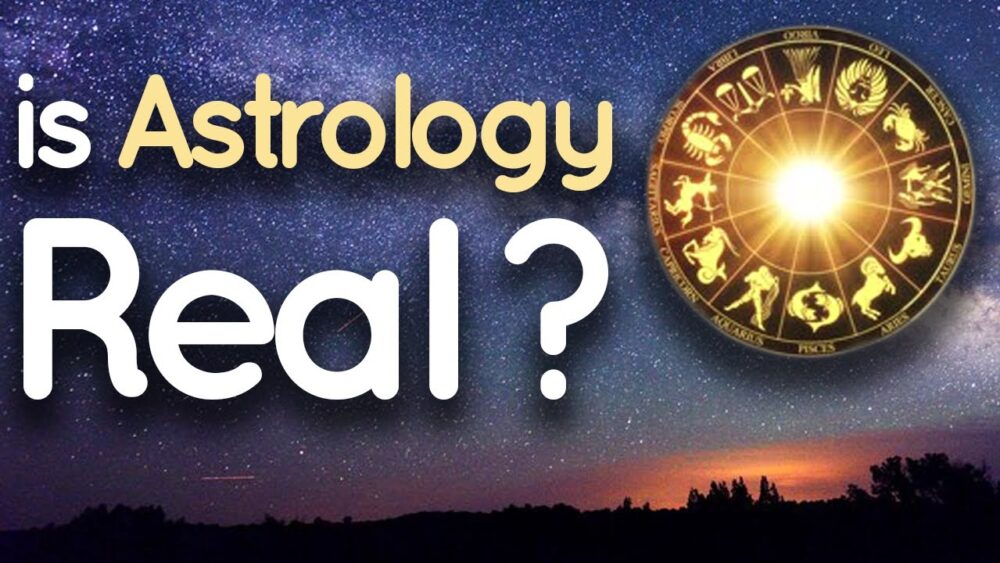Astrology is a practice that claims to use celestial bodies such as stars and planets to predict and explain human affairs and natural phenomena. It has been around for thousands of years and has been a subject of debate among scientists, scholars, and believers alike. While some people consider it a legitimate science, others consider it a pseudoscience or a form of entertainment. In this article, we will explore the question of whether astrology is true or false.
First, it is important to understand the basic principles of astrology. Astrology is based on the idea that there is a connection between the positions of celestial bodies and events that occur on Earth. Astrologers use charts and tables to track the movements of planets and stars and interpret their meaning. They believe that the positions of these bodies can affect human behavior, personality, and even the course of history.
The scientific community, however, does not support astrology as a valid science. While astrology may have been one of the earliest forms of astronomy, it has evolved into a practice that lacks scientific evidence and validation. Astrology relies on subjective interpretations and predictions that are often vague and open to interpretation. For example, an astrologer may claim that someone born under the sign of Scorpio is likely to be passionate and intense. However, these traits are not exclusive to Scorpios, and many people who are not Scorpios can exhibit these traits as well.
Furthermore, astrology relies on the assumption that celestial bodies have an influence on human behavior and personality. However, there is no scientific evidence to support this claim. The gravitational pull of planets and stars is too weak to have any significant impact on human behavior or events on Earth. While the moon may affect tides and other natural phenomena, it does not have a noticeable effect on human behavior.
Another argument against astrology is that it lacks consistency and accuracy. Different astrologers may interpret the same chart in different ways, leading to conflicting predictions and advice. Astrology also fails to account for the fact that the positions of celestial bodies have changed over time. Due to the phenomenon known as precession, the signs of the zodiac have shifted over time, meaning that someone who is a Gemini today would have been a Taurus several thousand years ago.
In conclusion, astrology is not considered a valid science by the scientific community. While it may have been a useful tool in ancient times, it lacks scientific evidence and validation. Astrology relies on subjective interpretations and predictions that are often vague and open to interpretation. There is no scientific evidence to support the claim that celestial bodies have an influence on human behavior or events on Earth. While astrology may be entertaining and provide comfort for some people, it should not be used as a basis for important decisions or as a substitute for professional advice.

